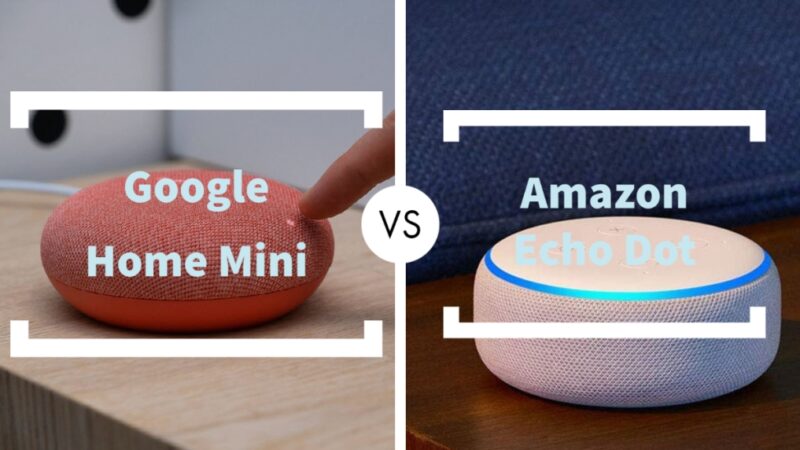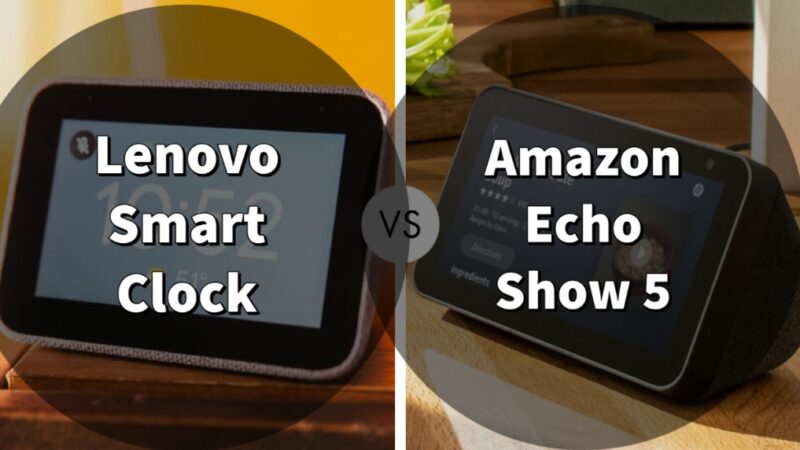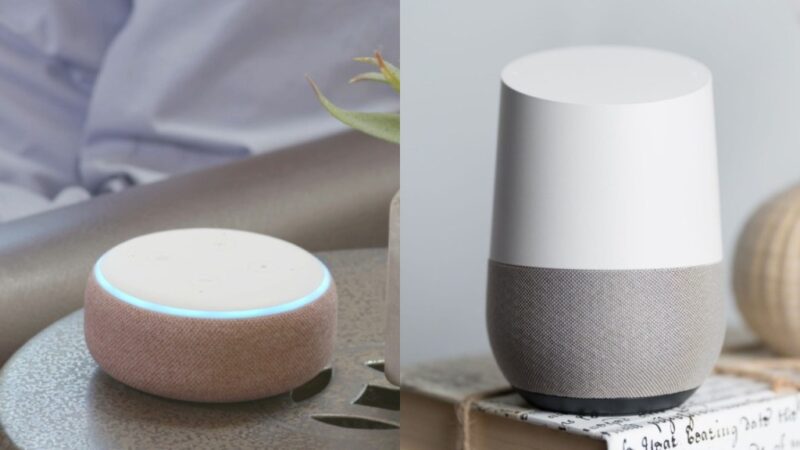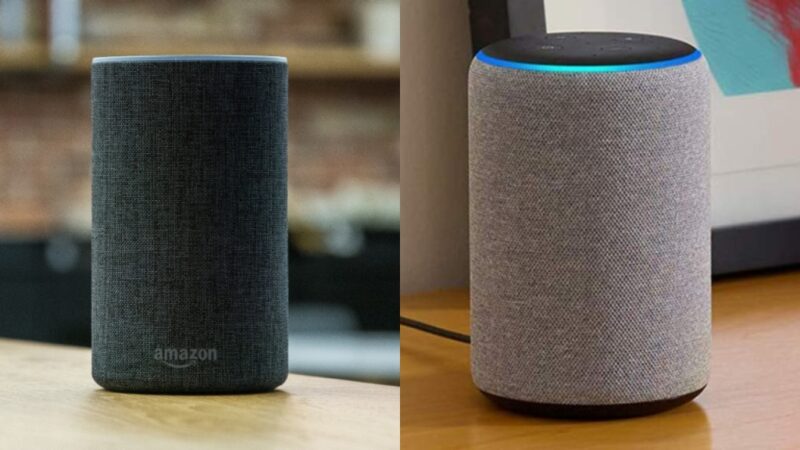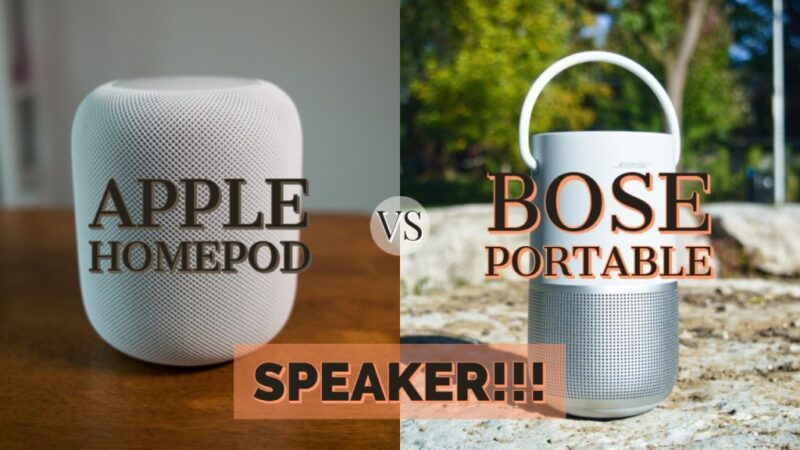Going Green with Your Home: A Beginner’s Guide to Residential Solar Power!
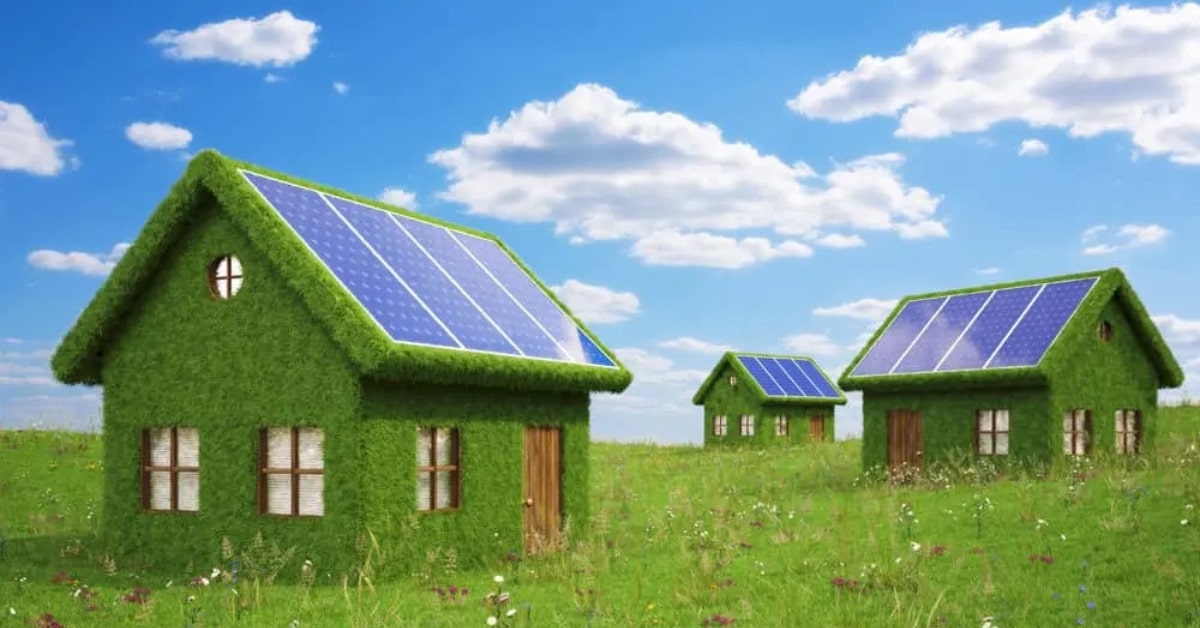
Are you thinking of switching to renewable sources of energy? Solar power is a great option to avail of countless benefits with a PV system. However, converting to a new energy system can feel daunting. With the right information, you can make this switch smoother and worthy!
The solar energy market is projected to generate 0.73 trillion kWh by 2024. Solar power is a path to a brighter future that comes with plentiful benefits. Solar panel system allows homeowners to save money while doing better for the environment.
As green energy systems help minimize rising electricity costs, the demand for solar panels has escalated in the past few years. More and more people have started realizing the positive impact of solar power, which resulted in over 2 million homeowners installing PV systems on their rooftops.
If you are planning to install solar panels on your property, we understand that transitioning to a new energy system can be overwhelming.
That’s why we have come up with this guide that will walk you through the basics of residential solar power, its pros and cons, types, costs, and available financing options, so you can confidently make this environment-friendly switch!
Let’s start with some basics!
Table of Contents
What is Residential Solar Power?

Solar power comes from the sun’s rays. The sun’s energy is captured and converted into electricity through PV (photovoltaic) panels or CSP (concentrating solar power). Residential solar power is all about using solar energy to supply electricity to a residential building or a house. This is commonly done by installing solar panels on the roof.
Once the sunlight is absorbed, solar panels transform this energy into DC (direct current) electricity. An inverter converts this DC electricity into AC (alternating current) electricity which is used to power home electronics and appliances.
There are various types of solar panels such as on-grid, off-grid, and hybrid. We will discuss each thoroughly in the upcoming section of this blog.
Is Solar Power Right For You?
The correct answer to this question depends on various factors. First, let’s take a look at the pros and cons of resident solar power, weigh them, and make the right decision.
| Pros | Cons |
| Solar power allows you to save money on electricity bills. | High upfront costs range between $17,430 to $23,870. |
| Solar is a step towards the betterment of the environment as it is clean and reduces carbon footprint. | Uninstalling solar systems is expensive, complicated, and time-consuming. |
| Potential solar incentives and tax credits can offset the initial cost of panel installation. | Solar panels require adequate sunlight to generate electricity efficiently. |
| Increase your home value. | Your roof should be in good condition to accommodate solar panel installation. |
| You can generate your own electricity and reduce your reliance on the centralized government or private grids. | Require solar batteries to store excess energy which can cost you between $800 to $14000, adding up the price. |
| Solar panels offer 25 to 30 years of lifespan. | |
| Solar systems require minimum maintenance if regularly cleaned. |
Additional points to consider before installing a residential solar system:
- Energy usage: If your electricity consumption is high and your electricity bills are putting strain on your wallet, then you should consider residential solar installation.
- Location: If your roof gets abundant sunlight and your state is offering favorable solar incentives, switching to solar power is beneficial for you.
- Ownership: Solar is a better investment for you if you own your house or planning to stay in your current property for many years.
Residential Solar Power: Types, Installation, Cost, and Financing Options

Types of Residential Solar System and Installation
Residential solar panels come in three types namely:
- On-grid: This type of solar system allows users to maintain the centralized grid for purchasing power whenever needed (during bad weather or at night). Your grid and solar inverter work together to use solar power efficiently. Choosing this type of PV system also enables you to sell excess energy by sending it back to the grid.
- Off-grid: As the name suggests, this type of solar system is free from the grid. These PV systems are a stand-alone power system that eliminates your reliance on the main grid. It combines solar power and batteries to produce electricity.
- Hybrid: This type of system is connected to the grid along with a solar battery for storing solar power. Solar batteries help you to use electricity effectively and utilize the stored energy for backing up during night or no sunlight.
Once you choose the type of residential solar power system, the next step is the installation. Either you can choose to hire a professional or go for DIY (do-it-yourself). However, we recommend you opt for a professional installer as they ensure that panels are installed appropriately and in a position that absorbs maximum sunlight.
This process includes roof inspection, connection to the grid, etc. The solar installation is completed in a few days wherein solar panels are wired to an inverter that converts direct current to alternating current to power home appliances.
Cost and Savings
The precise cost of your solar panel system depends on various factors such as your energy consumption, type of panels, size of your home, etc. However, you can expect to pay between $10000 to $25000 for a residential PV system. This might seem like a huge investment for any homeowner but the savings is high and ROI (return on investment) can be seen within 5 to 10 years followed by solar installation.
Solar Financing
Several solar financing options make it possible for homeowners to offset the initial cost of installation. Using these options, homeowners can make the green switch affordably, even without investing a lump sum of money. Here is the list of financing options available for buying solar panels.
Cash
When you pay upfront money via cheque, cash, or electronic transaction to finance the solar project, you become a cash buyer. There are several benefits of buying solar panels with upfront cash including:
- Savings on energy bills start right away.
- As there is no borrowing involved, you don’t need to worry about interest payments.
- No incurred debts.
- Gives you more negotiating power and lands a better deal.
- Get full ownership of the system.
- Ease of upgrading or modifying the system.
If you have the resources to pay for solar panels upfront, a cash purchase is the best way to install a PV system.
Solar Loans
Homeowners who want to switch to green energy but aren’t comfortable with paying the full amount for solar installation can opt for solar loans. However, there are several advantages and disadvantages of choosing this option as follows.
| Pros | Cons |
| Makes solar purchases affordable for homeowners who cannot pay money upfront. | Solar loans include interest payments like any other loan. |
| Repayment periods are flexible, homeowners can choose one plan that suits their needs. | Available for homeowners with good credit scores. People with low or bad credit history are charged high-interest rates. |
| The increased home value pays off the installation costs at the time of reselling. | |
| Comparatively lower interest rates than other conventional loans. |
Solar loans are a great choice for those homeowners who want to enjoy renewable energy but don’t have the resources to pay full money upfront. But, analyze interest rates and conditions associated with the loans before opting in.
PPA (Power Purchase Agreement)
PPA is an agreement between a homeowner and a solar energy provider. This agreement states that the consumer pays for the electricity at a predecided price per kWh (kilowatt-hour). Homeowners don’t own the solar panels and the installation cost is completely taken care of by the supplier. Here are some of the pros and cons associated with this option.
| Pros | Cons |
| No upfront cost as the installation is done by the solar provider. | No ownership of solar panels. |
| A fixed price for electricity allows homeowners to save money on their bills. | Homeowners involved in PPA agreements can face challenges while selling off their houses. |
| Maintenance and repair of solar panels are taken care of by the provider. |
For people who want to avoid the cost of installation and maintenance of solar panels, PPA is the best solution. However, you need to consider the long-term expenses of this option as the overall cost might exceed the price of purchasing solar panels upright.
Tax Benefits and Solar Incentives
Several solar incentives, rebates, and tax credits are available for homeowners who invest in solar panels. These benefits can help them offset the initial cost of solar installation. The most valuable incentive is ITC (investment tax credit) or Federal tax credit. This solar tax credit helps homeowners to reduce 30% of the total cost of installation. However, this amount will drop to 26% after 2033. So, it is the right time to avail of this tax credit.
Many solar incentives such as property tax exemptions, rebates, net metering, etc. are also available to make solar installation affordable for homeowners. These incentives vary from state to state, you can find out what incentives are available in your region.
Major Benefits of Residential Solar Power

Solar power is becoming increasingly popular among homeowners. Rising utility rates, decreasing installation costs, and numerous other benefits of residential solar power are making people switch to green energy in massive numbers.
The following is the list of advantages that come with adopting solar energy.
Save You Big Money
Right after the solar installation, you will notice a huge difference in your electricity bills. The major benefit of residential solar power systems is savings on electricity costs. Solar panels generate electricity from direct sunlight which reduces your reliance on a centralized grid system. This increases your savings significantly in the long run.
Increases Your Property Value
Solar panel installation not only reduces your electricity bills but also enhances your property’s overall value by 3% to 4%. A property equipped with a solar system is valued more than one which is not. It also provides an enticing selling point for agents for its promotion. You can quote a high value for your property while selling it which also helps you recoup the initial installation cost as well.
Contribute To the Betterment of the Environment
Electricity generated from fossil fuels might be convenient but it adversely affects the environment. Whereas, solar panel systems produce electricity directly from sunlight. This green energy is clean and produces no greenhouse gas effect, air pollution, and water pollution. Solar power is carbon-free and doesn’t emit harmful effects while producing electricity.
Minimum Reliance on Grid
Solar panel installation minimizes the dependency on centralized government or private grids. Plus, when you add a battery backup system to your solar panels, you get additional power backup and independence during bad weather and at night. Battery system stores excess electricity which can be used when the main grid fails.
Durable and Low-maintenance
A typical solar panel system has a 25-year to 30-year performance warranty period. This system is robust and requires minimal maintenance. With periodic cleaning, your solar system runs efficiently and works without making noise, unlike generators.
Works Efficiently in All Weather Conditions
Solar panels not only work efficiently during sunny days but also in winter and cloudy days when the sunlight is less. Solar panels can generate sufficient power during varied weather conditions. So, you don’t need to worry about energy generation when panels get fewer hours of daylight.
Concluding Thoughts on Residential Solar Power
Solar is the best green alternative source of electricity to power any property. This renewable energy is sustainable, and reliable, and powers major appliances of your house efficiently. Although the initial cost of solar installation is huge, several solar incentives and federal tax credits can make this investment affordable for you.
From reducing carbon footprint and dependency on the main grid to increased savings and property value, and much more, several advantages come with a solar switch.
This post highlighted all the aspects of residential solar power including financing options (with pros and cons), benefits, types, and cost.
We hope that we helped you in your decision-making journey. If you have more questions about the solar technology, feel free to drop your comments. We will be back with an answer!
